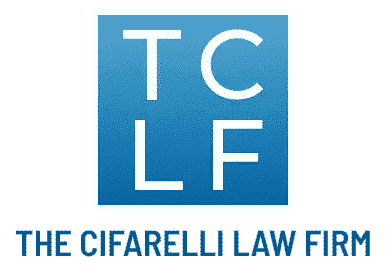It appeared as though the only thing left for a Senate panel to do was vote on the nominee for a position on the Supreme Court when allegations of a sexual assault that occurred 30 years earlier came to light. The assault is alleged to have occurred when both the nominee and his accuser were teenagers at a prep school, so it is easy to draw parallels to the current debate over how educational institutions should handle sexual assault allegations brought by and against students.
Rules Change for Handling Sexual Assaults on College Campuses
Long-standing federal rules for how colleges and universities handle complaints about sexual assaults are undergoing change according to a report from The New York Times. The following are the changes the U.S. Department of Education is considering, according to information received by the Times:
- Investigations by colleges and universities of student complaints of sexual assault must be completed within a reasonably prompt timeframe instead of the 60-day limit under the old rules.
- The former standard of proof required to take disciplinary action against a student accused of committing a sexual assault was a preponderance of the evidence. Schools now have the option to retain that standard or use the higher standard of proof known as the clear and convincing standard. The preponderance standard only requires proof of it being more likely than not that the allegations against the accused were true. The new standard requires evidence proving it to be highly probable that the accused committed the acts alleged by the accuser.
- Mediation, which was not permitted under the old rules because of a belief that victims could be pressured into participating, is available if both the victim and the accused agree.
- Students accused of sexual assault must receive written notice with full details of the allegations before school administrators are allowed to solicit a response. The previous rule allowed school officials to compel a student accused of sexual assault to respond without first being given all of the facts of the allegation.
The new rules would narrow the definition schools use for sexual harassment to mean severe, pervasive and objectively offensive conduct of a sexual nature that prevents a victim from taking full advantage of the programs and activities offered at the institution.
Title IX and High School Students
The discussion about the rules pertaining to an investigation of sexual assault complaints is not limited to colleges and universities. Sex discrimination, including sexual assault, is prohibited in all educational programs receiving federal funds under Title IX of the Education Amendments Act of 1972.
It remains to be seen what effect changes in the procedures schools follow to investigate allegations of sexual assault will have on the reluctance of victims to report being assaulted. It is estimated that 90 percent of sexual assaults at colleges and universities go unreported.
Reporting is not that much better in high school and lower grades according to an Associated Press story that revealed only 17,000 reports of sexual assaults among the more than 50 million students in K-12 over a five-year period. The AP concluded the number of reports did not accurately reflect the extent of the problem because of under-reporting at the state level.
The hearings in the Senate, although focusing on the confirmation of a future justice of the Supreme Court, will allow the public to hear from a victim of sexual assault who will surely be asked to describe why she was unable to report the incident sooner. Her first-hand account should be enlightening for other victims who are similarly reluctant to tell their stories.
Getting Help from an Attorney
The attorneys at The Cifarelli Law Firm, have been aggressively pursuing claims for victims of sexual assault, harassment and other forms of sexual misconduct for more than 25 years. Our compassionate attorneys devote their energies to developing innovative strategies designed to achieve maximum compensation for the physical and emotional trauma suffered by victims of all ages. We are dedicated to giving a voice to the victims. Contact us today by calling (949) 502-8600 or use the form on our website to schedule a free and confidential consultation.

